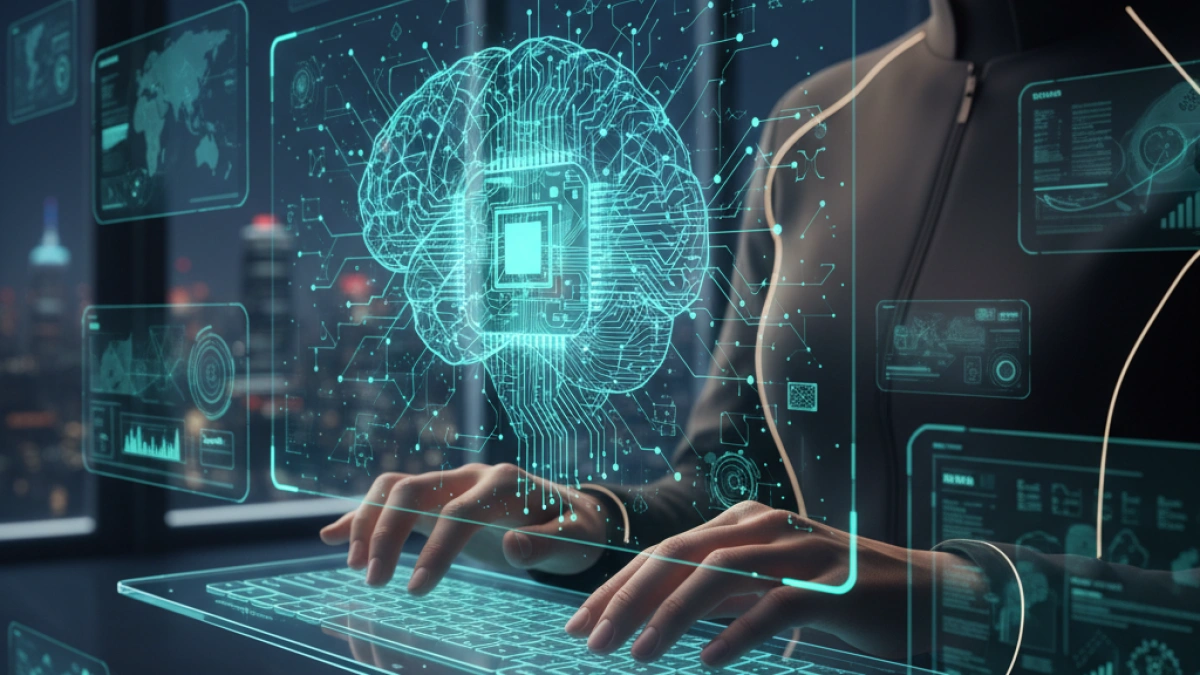The interest in artificial intelligence (AI) has grown exponentially in recent years, and it is expected to continue doing so in 2025. With a growing demand for skilled professionals, the career of AI developer has become increasingly attractive. This article outlines the steps and resources needed to enter this exciting field.
Understanding Artificial Intelligence
Artificial intelligence refers to the simulation of human intelligence processes by machines, especially computer systems. This includes learning, reasoning, and self-regulation. To become a developer in this area, it is essential to have a basic understanding of what AI is and how it works.
Programming Fundamentals
A good AI developer should have solid programming knowledge. The most commonly used languages in AI development are Python, R, and Java. Python, in particular, is popular due to its simplicity and the large number of libraries designed for working with AI, such as TensorFlow and PyTorch. Before you start your journey as an AI developer, make sure to master at least one of these languages.
Education and Training
Academic Options
There are various educational pathways to becoming an AI developer. Degrees in computer science, data science, or software engineering are highly recommended. Many universities offer specialized programs in artificial intelligence that allow students to gain foundational knowledge and practical skills.
Online Courses and Certifications
In addition to formal education, online courses are an excellent option. Platforms such as Coursera, edX, and Udacity offer courses designed by leading universities and technology companies. These platforms also provide certifications that can enhance your resume. Some notable courses include "Machine Learning" by Andrew Ng and "Deep Learning Specialization" by deeplearning.ai.
Tools and Technologies
Familiarity with essential tools and technologies is a key component to becoming an effective AI developer. Some of the most important ones include:
- TensorFlow: An open-source library for deep learning.
- Keras: A high-level API for building and training deep learning models.
- Scikit-learn: A library for machine learning in Python that allows for tasks such as classification and regression.
Getting acquainted with these tools will allow you to be more efficient in developing AI projects.
Practical Projects
Nothing beats hands-on experience. Work on small projects that help you apply what you've learned. You can start by participating in competitions on platforms like Kaggle, where you can tackle real-world problems and improve your skills. You can also contribute to open-source AI projects on GitHub.
Build Your Portfolio
Document all your projects in a portfolio. This portfolio will be essential when seeking employment or showcasing your skills to potential employers. Make sure to include a clear description of the projects, the tools and technologies used, and your role in each of them.
Stay Updated in the Field
Artificial intelligence is a rapidly evolving field. Attend conferences, read research papers, and follow industry trends. Engaging in online communities, such as forums and LinkedIn groups, will also help you stay informed and network within the industry.
Conclusion
Becoming an AI developer requires a mix of education, hands-on training, and dedication. By following these steps and utilizing the available resources, you will be in an excellent position to start your career in this exciting field by 2025.
To read more news related to skill development and careers in technology, I invite you to explore more content on my blog.




















